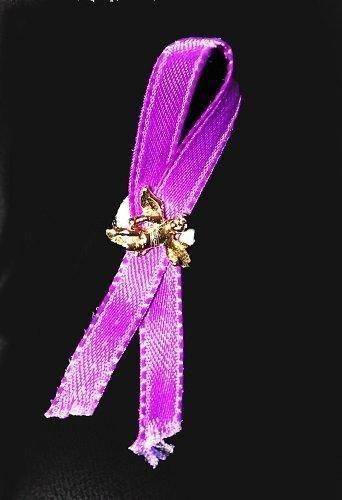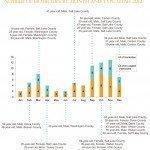Carbon County was rocked by two separate domestic violence related murder suicides less than three months apart at the end of last year and the beginning of this year. It is hard to find someone that does not know somebody that has been affected by a domestic violence incident.
The 2008 Behavioral Risk Factor Survey found that in the age group of 55-60, almost 25 percent of women reported that they had been a victim of intimate partner violence. In 2012, there were 29 domestic violence related deaths statewide.
It would be easy for some to put their head down and cry. But each day, local and state-wide coalitions of individuals are tackling this very serious problem and looking for solutions to help victims, perpetrators and survivors end the cycle of violence. One statewide resource is the Utah Domestic Violence Coalition (UDVC.) The state public information officer, Elizabeth Sollis provided the following information about the UDVC:
The UDVC works with a variety of community partners to eliminate domestic violence by addressing cultural oppression and marginalization to effect social change. They provide education, support and technical assistance to primary purpose domestic violence service providers in the state in order to establish and maintain shelter and supportive services for victims of domestic violence and their dependents.
Domestic violence service providers are a nonprofit, nongovernmental, private entity or a tribe or tribal organization. It must have its project’s primary purpose as the operation of a shelter for victims of domestic violence and their dependents.
For those that are not acting as a shelter, they provide counseling, advocacy or self-help services to victims of domestic violence. Services are based on a community survivor empowerment model. There are 33 domestic violence service providers from Logan to Blanding and everywhere in between. The range of services varies depending on need, funding and resources available.
The UDVC is a direct service provider to some of the most marginalized communities in the state. Outreach is provided to a variety of under-served communities including refugee communities, polygamist groups, native tribes, LGBTQ and the military among others. Linkline provides 24/7 support to victims, friends, family and professionals encountering domestic violence. All calls are entirely confidential and support can be provided in multiple languages. In 2011-2012 the Linkline served 4,711 people and supported more than 1,500 children with information and resources.
Domestic violence is also referred to as intimate partner violence. Another aspect is that it is widely recognized that sexual assault often occurs within domestically violent relationships and between intimate partners. Therefore, a majority of programs serving domestic violence victims in Utah are dual programs that also serve victims of sexual assault. Beyond shelter, the DV/SA programs offer a range of trauma informed integrated services to promote healing and strengthen families.
UDVC provided face to face training to over 900 local community members across the state and 228 individuals accessed web based training in 2011 through 2012. Trainings cover topics such as the dynamics of domestic violence, trauma informed advocacy and safety and protection of children. Specialized training and resources are offered for topics of workplace violence, bullying, stalking, elder abuse, abuse of persons with disabilities and perpetrator accountability
A conference hosted annually by the UDVC presents an opportunity for a broad base of interested stakeholders to come together to hear about promising ideas and national best practices to enhance the safety of victims of violence and their children. In 2011-2012, over 300 participants attended this conference.
The UDVC and its member programs regularly offer community training including faith based, effects of violence on children, dating violence and healthy relationships. The website www.udvc.org has a plethora of resources on the prevention of intimate partner violence and how to remain safe and healthy.
Information for this article was from the report “No More Secrets.” This report is provided for the use of the public and may be reproduced and can be downloaded at: www.normoresecrets.utah.gov.
Utah 24 hour Crisis and Resource Numbers
Adult Protective Services…………………………………………………….1-800-371-7897
Child Protective Services……………………………………………………..1-800-678-9399
Domestic Violence Link Line………………………………………1-800-897-LINK (5465)
Rape Crisis and Information Line…………………………………………1-800-421-1100
- The Utah Domestic Violence Coailition compiles information on domestic violence related deaths from public sources statewide. To be listed, case specific information must demonstrate a correlation between domestic violence and the death of the victim as demonstrated by corroborating public information. From public information available, domestic violence is observed between 1) cohabitants, 2) persons in dating relationships, and 3) family members not defined within the cohabitant statute.


